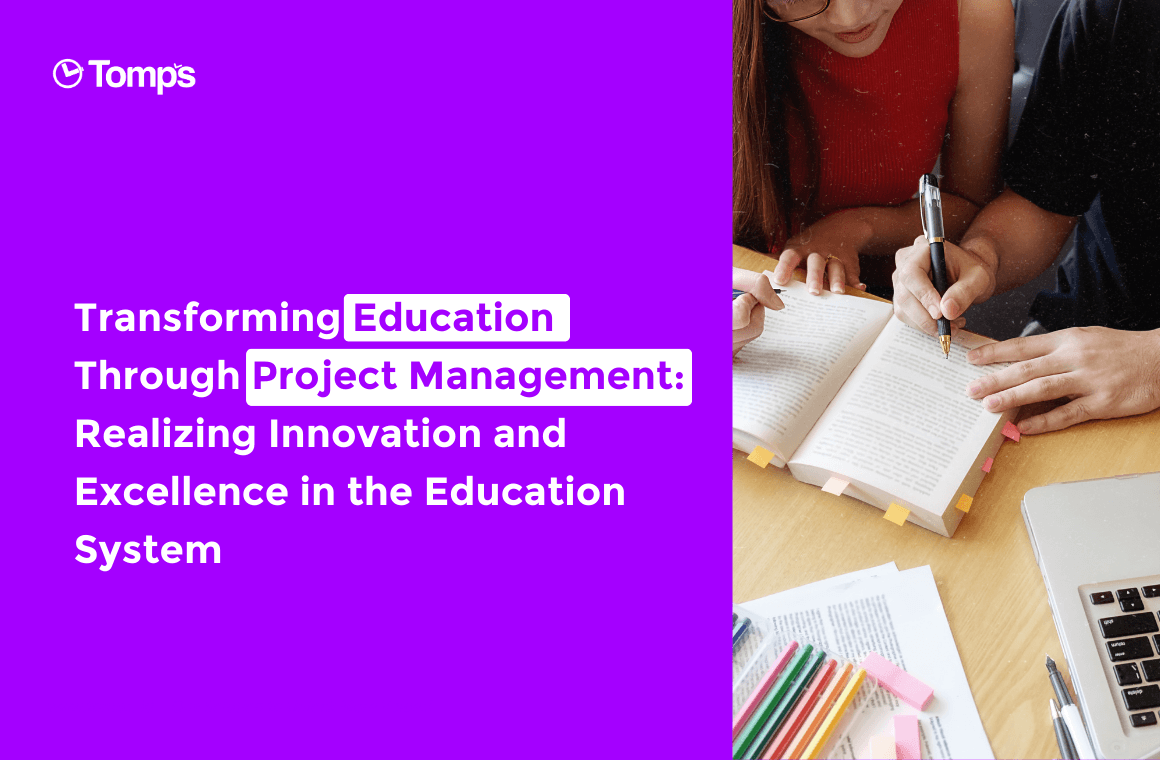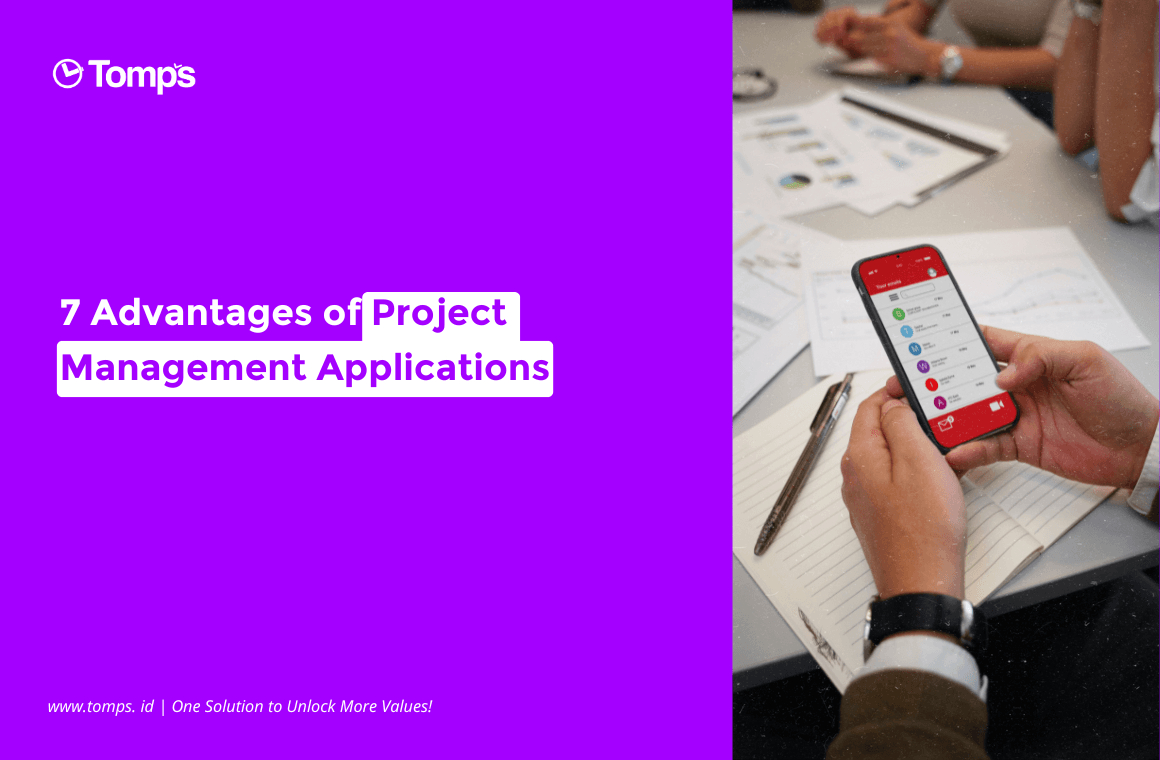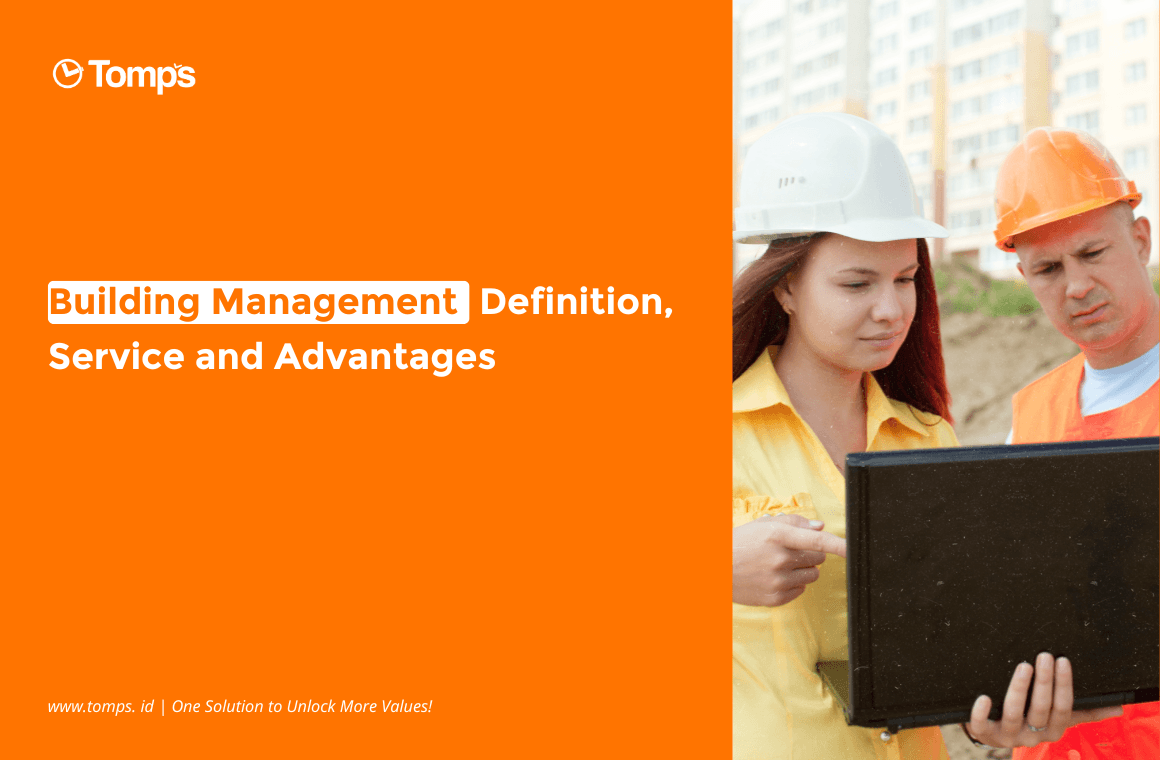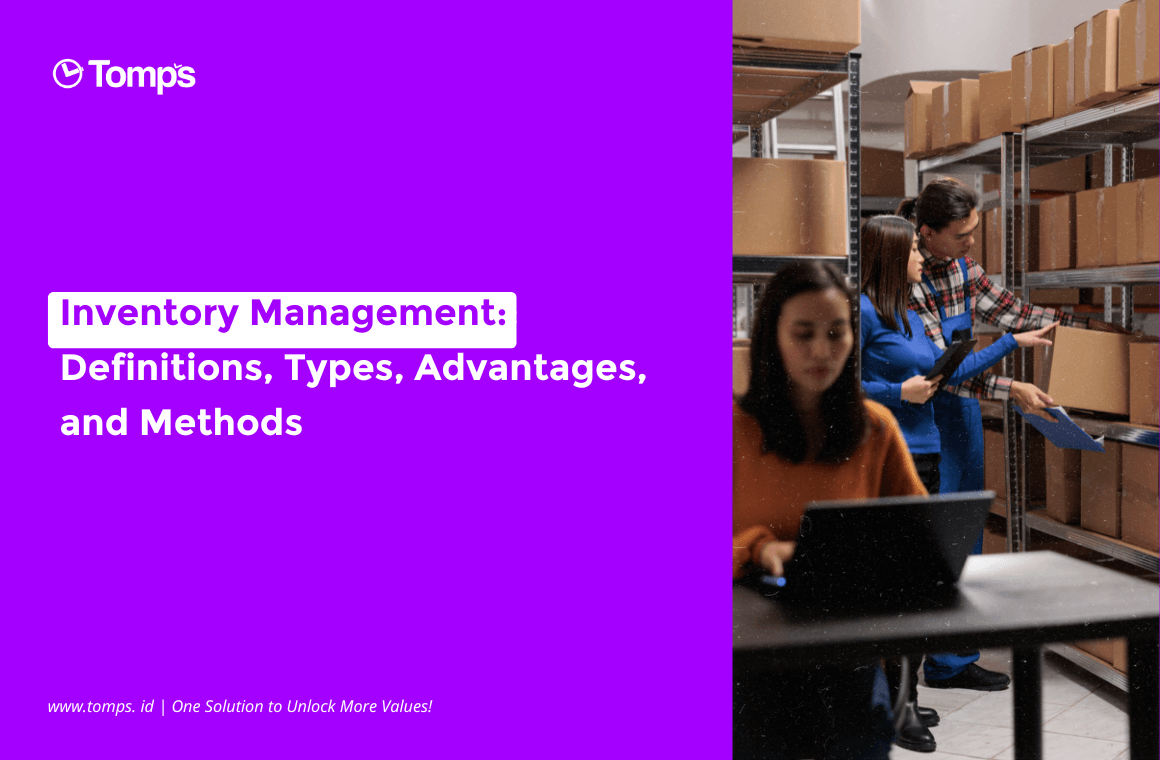Project management has become an important basis for carrying out various projects in various sectors, including in the field of education. In the educational context, project management is not only limited to the construction of buildings or physical infrastructure but also includes managing changes in the learning process and curriculum development. In this article, we will review further the importance of project management in education as well as identify the challenges that are often faced in its implementation, along with strategies for overcoming these challenges.

Why is project management important in education?
- Improved resource utilization: Project management allows educational institutions to optimise the use of the resources at their disposal. This involves setting a budget, managing labour, time management, and selecting other supporting equipment to achieve the educational goals that have been set.
- Improved Operational Efficiency: By implementing project management principles, educational institutions can increase efficiency in their operations. This includes improving the learning process, adapting the curriculum according to student needs, and ensuring the adoption of appropriate technology to support the learning process.
- Handling Change: The educational environment often experiences changes in policy, technology, and societal demands. Project management plays an important role in helping educational institutions manage these changes in a more structured and effective manner.
Challenges of Educational Project Management
- Budget Constraints: Limited budgets are often a major challenge in managing educational projects. This can limit the ability of educational institutions to make large investments, such as infrastructure development or the development of innovative learning programs.
- Stakeholder Involvement: Educational projects involve various parties, including students, teachers, parents, administrative staff, and the local community. Maintaining engagement and coordination between these various stakeholders is often a challenge.
- Policy Changes: Changes in education policies may affect the course of ongoing projects. Educational institutions need to be able to respond to these policy changes quickly and flexibly.
The Role of Educational Project Management

- Project management in education has paved the way for significant transformations in the learning process and the management of educational institutions. In an era where education is the main focus of human and societal development, the implementation of effective project management has had a tremendous impact. This article will discuss in depth the positive impacts created by project management in the educational context, which include improving the quality of education, engagement of students, teachers, and parents, better operational efficiency, and the creation of innovative and inclusive learning environments. The role of project management in education is:
- Improving the Quality of Education and Academic Achievement One of the main impacts of implementing project management in education is improving the quality of education and student academic achievement. By adopting a structured and measurable approach to planning and implementing educational projects, educational institutions can more effectively identify student needs, develop appropriate curricula, and implement innovative teaching methods. As a result, student academic achievement can improve significantly, creating an environment where every student has the opportunity to reach his or her full potential. Increased Involvement of Students, Teachers, and Parents Project management also plays an important role in increasing the involvement of students, teachers, and parents in the educational process. By actively involving them in the planning and implementation of educational projects, such as curriculum development, organising extracurricular events, or improving educational facilities, educational institutions can create a stronger sense of ownership among all stakeholders. This not only increases student motivation and engagement in learning but also strengthens relationships between educational institutions, teachers, parents, and society as a whole.
- Increased operational efficiency and resource management Effective project management also has a positive impact on improving operational efficiency and resource management in educational institutions. By planning and managing projects well, educational institutions can optimise the use of their budget, workforce, time, and facilities.This allows them to allocate resources more efficiently, avoid waste, and focus on initiatives that have the greatest impact on students' education.
- Providing an Innovative and Inclusive Learning EnvironmentOne of the most visible impacts of project management in education is the creation of a more innovative and inclusive learning environment. By adopting a project-oriented approach, educational institutions can create space for experimentation, collaboration, and creativity in the learning process. This includes the development of interactive classrooms, the use of learning support technology, and the implementation of inclusion programmes to ensure that every student, including those with special needs, feels welcome and supported in the educational environment.
Effective project management strategies
- Clear Goal Setting: Start by setting specific, measurable, achievable, relevant, and time-bound (SMART) project goals. This helps ensure that all stakeholders have a clear understanding of the project objectives.
- Effective Communication: Open and clear communication between all parties involved is essential. Make sure there are good communication channels, whether through regular meetings, email, or online collaboration platforms.
- Utilisation of Supporting Technology: Leverage technology to support project management, such as using project management software, online learning platforms, or collaboration applications. Technology can help improve efficiency and the engagement of all stakeholders.
- Periodic Monitoring and Evaluation: Carry out regular monitoring of project progress and evaluation of goal achievement. This way, you can identify problems quickly and take the necessary corrective action.
- Project management plays a very important role in managing educational projects successfully. By applying effective project management principles, educational institutions can overcome challenges, increase operational efficiency, and better achieve their educational goals. A commitment to implementing good project management will not only produce better results in education projects but will also have a significant positive impact on the education system as a whole.
Tomps Project in Educational Project Management
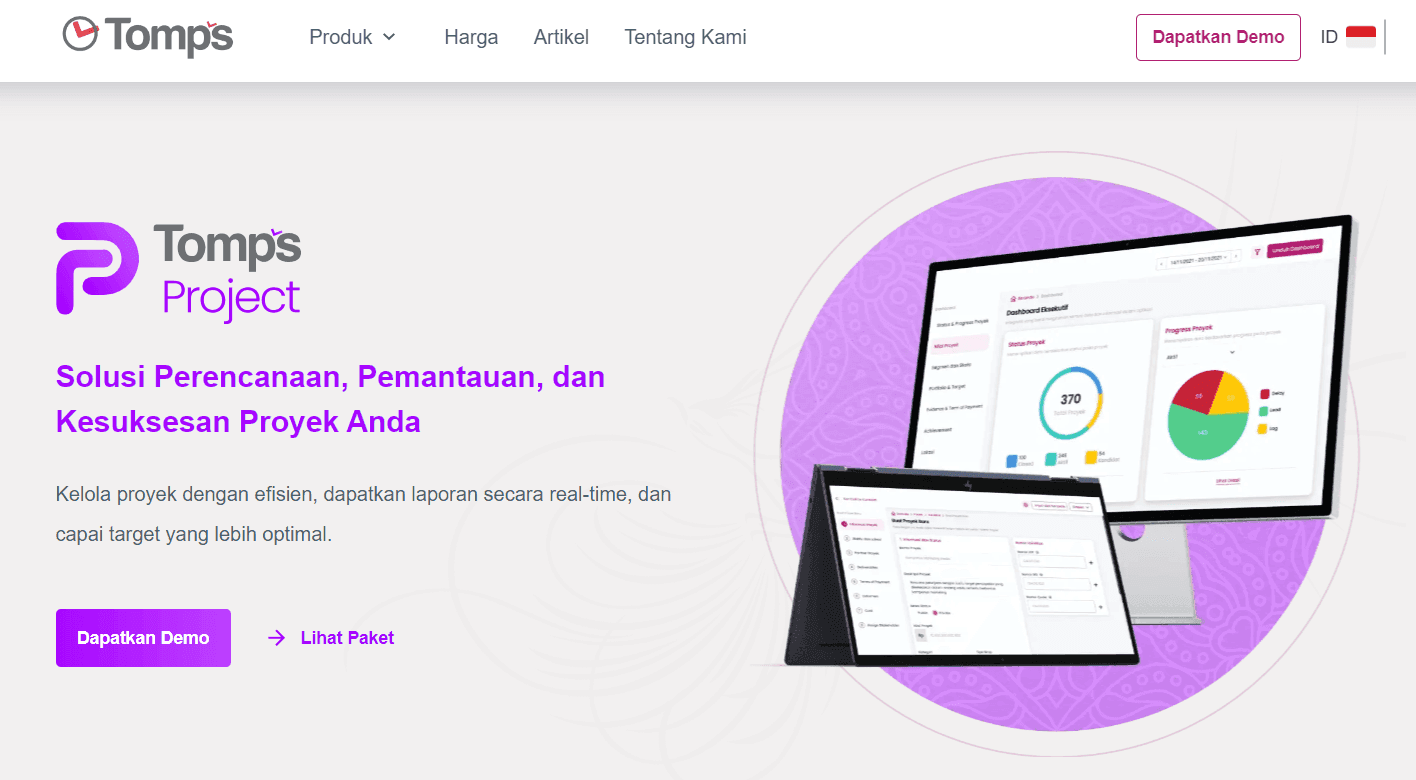 Tomps Project is a project management platform that can make a major contribution to improving the effectiveness of project management in an educational context. By providing a variety of features and tools designed specifically for the needs of educational institutions, Tomps Project helps overcome some of the key challenges often faced in educational project management.One of the features of the Tomps Project is its ability to provide structured and well-organised governance. The platform allows users to create clear project plans, assign tasks to teams, and set precise schedules and deadlines. In this way, the Tomps Project helps ensure that all steps in an educational project can be managed well and within the set time targets. In addition to its basic features, Tomps Project also offers powerful analysis and reporting capabilities. This allows users to track project progress, identify problems or obstacles that may arise, and make better decisions based on the available data. With continuous monitoring, educational institutions can take necessary corrective actions quickly, thereby ensuring the smooth and overall success of the project.
In this way, Tomps Project is not only a useful tool in managing educational projects but also a strategic partner that helps educational institutions plan, implement, and evaluate their projects more efficiently and effectively. By integrating Tomps Project into their project management practices, educational institutions can maximise the potential of their projects and achieve greater educational goals.
Tomps Project is a project management platform that can make a major contribution to improving the effectiveness of project management in an educational context. By providing a variety of features and tools designed specifically for the needs of educational institutions, Tomps Project helps overcome some of the key challenges often faced in educational project management.One of the features of the Tomps Project is its ability to provide structured and well-organised governance. The platform allows users to create clear project plans, assign tasks to teams, and set precise schedules and deadlines. In this way, the Tomps Project helps ensure that all steps in an educational project can be managed well and within the set time targets. In addition to its basic features, Tomps Project also offers powerful analysis and reporting capabilities. This allows users to track project progress, identify problems or obstacles that may arise, and make better decisions based on the available data. With continuous monitoring, educational institutions can take necessary corrective actions quickly, thereby ensuring the smooth and overall success of the project.
In this way, Tomps Project is not only a useful tool in managing educational projects but also a strategic partner that helps educational institutions plan, implement, and evaluate their projects more efficiently and effectively. By integrating Tomps Project into their project management practices, educational institutions can maximise the potential of their projects and achieve greater educational goals.


